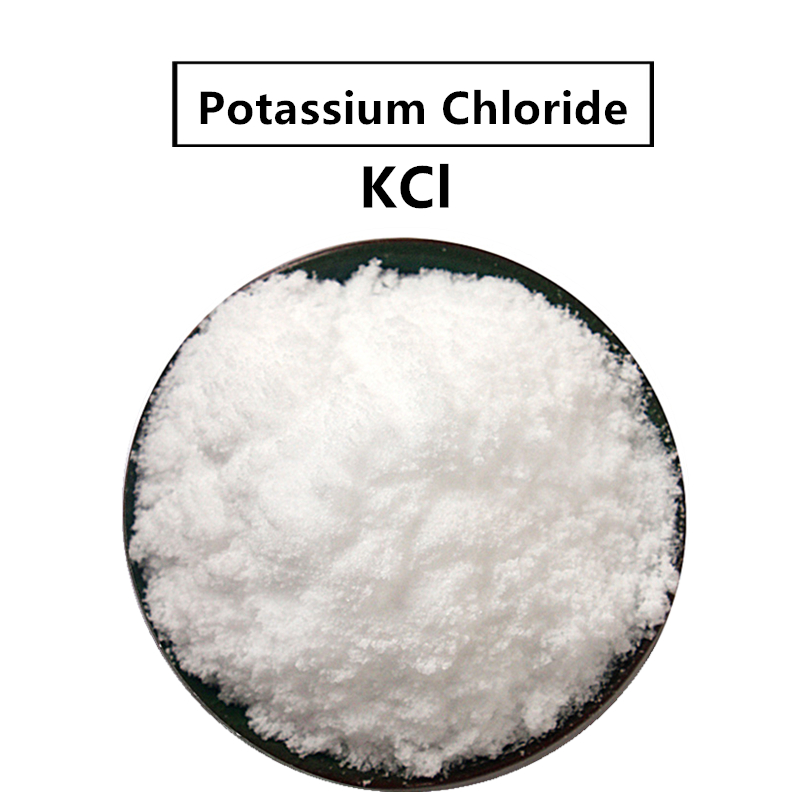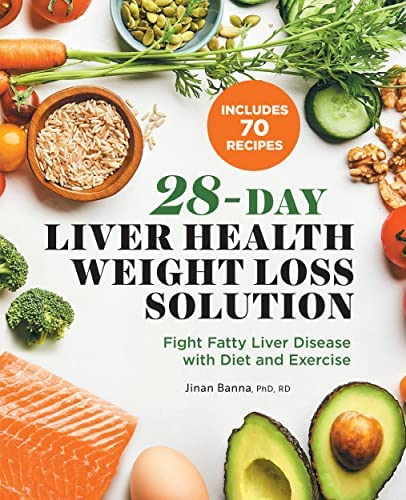
There are many methods to prevent disease. Some of these strategies focus on early detection. Others include better sanitation and clean water. It is possible to treat many diseases if they are caught in the early stages. For example, policies can improve access to treatment and exercise emergency powers in response to epidemics. Regardless of the method used, the aim of prevention is to prevent disease and reduce its burden.
Your lifestyle is the best way you can prevent getting a disease. Eating healthier can help prevent heart disease and cancer. Although you can't quit smoking entirely or be more active, it's possible to reduce your risk of developing these conditions. You can prevent chronic diseases by eating right and exercising. Although it can be difficult to make lifestyle changes, it is worthwhile in the end.

Preventative medicine involves taking action before a disease is diagnosed. It is the study of a disease's natural history and intervention to reduce its prevalence. The epidemiological information available today helps to prevent and control the spread of degenerative and infectious diseases. Public health prevention and education projects involve the dissemination of scientific knowledge and normative recommendations to change habits. This is a larger effort than ever to maintain health.
There are many strategies that can be used to prevent diseases. These "interventions" are also known as "interventions and are broken down into primary and secondary measures. Rehabilitation programs allow injured workers to return to work, and then help them retrain for new careers. Vocational rehabilitation programs, in the same way, help those with disabilities return to work and retrain them to be safe. There are many more ways to prevent illness. These are affordable and effective and can dramatically improve your health.
Public health policy is essential in preventing diseases and environmental factors. Many countries have developed a system of health care that promotes healthy living and prevents diseases. By investing in a good primary care system, you'll be able to effectively implement a population-based screening program. The goal is to improve health and prevent disease. This approach can also be called "disease prevention". Prevention of diseases and the Prevention of environmental hazards

It takes a shift in perspective and knowledge to prevent diseases. Health is the ability to lead a healthy and active life. Health promotion has two goals: to increase a person’s ability to live and to avoid conditions that can lead to them becoming unhealthy. Many actions that promote health also aim to prevent diseases.
FAQ
Is Cardio Better Than Strength Training?
Both are equally beneficial. But cardio is a much better choice if you want to gain muscles faster.
Cardio burns more calories per hour than strength training, and also burns more fat.
Strength training builds muscle mass, but it takes longer to achieve this goal than cardio.
Eggs are good for us.
All nutrients are contained in the egg. It aids in maintaining strong bones, healthy hearts, and lungs, as it also maintains stable blood pressure.
Eggs are an excellent source protein, vitamins A,B12, D E, K and calcium. They also contain vitamin B12, D-E, K, calcium and phosphorus.
Egg yolks are high in cholesterol. However, it doesn't contain saturated fat. Eggs are lower in saturated fat than other foods.
They are also low calories and sodium. You can make them in any way you like. You can fry, poach, scramble, boil, hard-boil, and bake them.
They are incredibly nutritious and easy to prepare.
Two whole eggs should be eaten each day. You don't have to eat eggs.
Essential nutrients are provided by eggs. Add eggs to your diet today.
What's a good routine for a daily workout?
You must exercise regularly to stay fit. No matter what kind of exercise you do, as long you do it consistently. The key thing is consistency. If you want to achieve results, you must stick at it for an extended period.
Start by doing small amounts of daily physical activity (like walking). Gradually increase your exercise time until you are able to spend 30 minutes per day. You can choose to run, swim, weight train, do yoga or take aerobics classes.
Try to make sure you exercise on all days of the week. If you have a valid reason to skip a session, it is best not to.
Wear appropriate clothing and footwear when exercising outdoors. Weather conditions can also affect your ability and safety to exercise.
When you exercise, make sure you are drinking plenty of water. Drinking alcohol during exercise can cause dehydration. Also, avoid caffeinated drinks such as coffee, tea, and cola. They can give you energy, but will also dehydrate.
After your first exercise, you may feel tired. You'll feel more energetic and refreshed if you keep going with your exercise program.
Statistics
- By John Thompson Take a whopping 38% off a set of PowerBlock Pros. (menshealth.com)
- According to the American Academy of Dermatology (AAD), men over 50 are at a heightened risk of developing it. (healthline.com)
- Cardmembers earn 5% Back at Amazon.com with a Prime Credit Card. (amazon.com)
- The PRS enabled risk stratification for overall prostate cancer and lethal disease with a four-fold difference between men in the highest and lowest quartiles (HR, 4.32; 95% confidence interval [CI], 3.16-5.89). (pubmed.ncbi.nlm.nih.gov)
- An estimated calorie range for moderately active adult males falls between 2,200 to 2,800 calories per day, depending on age. (eatright.org)
External Links
How To
What should I have before I go to the gym?
You need to eat less calories than you burn while exercising in order to lose weight. You must also eat all of your nutrients.
This includes protein, carbohydrates, fats, and vitamins.
The best way to achieve this is to eat smaller meals throughout a day rather than three large meals.
You might perform less well if you're too hungry while working out.
You could try drinking water instead of energy drinks which contain caffeine and sugar. This helps keep you hydrated and energized.
Make sure to drink enough fluids. Over-consuming water could cause your body to lose its electrolytes.
Electrolytes are essential for the body's proper functioning.
If you don't have access to water, you could drink sports drinks. They can be rich in minerals like sodium, potassium or calcium.
This will replenish your electrolytes. They won't be able to replace the electrolytes you have lost through sweating.
If you're worried about losing too much salt during exercise, you could take a multivitamin pill.
These products contain more vitamin B6, which regulates the level of sodium in the body.
Supplements shouldn't be used if you don’t know how much salt is in food and beverages.
They are not subject to regulation by the Food and Drug Administration.
Sports drinks, for example, can have higher sodium levels than others.
Some sports drinks may contain artificial sweeteners or other preservatives. These could cause digestive problems.
If you are concerned about over-salting, you can use sea salt.
It contains fewer chemicals that table salt.
Sea salt is also low in iodine, another mineral needed for healthy thyroid function.